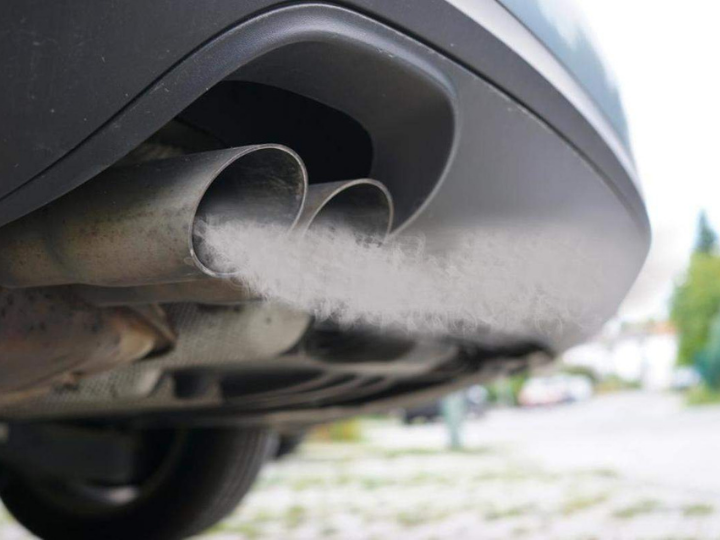by Kira Taylor
Eleven EU countries have signed a declaration calling on the European Union to stop funding fossil fuels under its trans-European energy infrastructure regulation (TEN-E), which is currently under revision.
The non-paper – EU jargon for an informal document – follows discussions in Brussels on Wednesday (5 May) about the contribution of Europe’s infrastructure to decarbonisation and the green transition.
The signatories – Austria, Belgium, Germany, Denmark, Estonia, Ireland, Luxembourg, Latvia, the Netherlands, Spain and Sweden – emphasise the role that decarbonising the energy system will have in reaching Europe’s 2030 and 2050 climate goals.
Fossil fuels will need to play an increasingly smaller role in the energy system as the EU aims to cut emissions by more than half by 2030 and reach net zero emissions by 2050.
They add that the revision of the TEN-E regulation should exclude funding fossil fuel infrastructure that would lock Europe into carbon-emitting energy sources or strand assets, like gas pipelines.
“Luxembourg is proud to be part of this declaration alongside Denmark and nine other Member States, sharing the view that fossil fuels are not our future,” said Luxembourg energy minister, Claude Turmes, on Twitter.
The European Commission in December tabled an update to the TEN-E regulation, which defines which cross-border energy projects are eligible to receive EU funding and fast-tracked permits.
The proposal, which excludes dedicated oil and gas infrastructure from the rules, is now being examined by the European Parliament and EU member states, which will have the final say.
“TEN-E must not facilitate investments in fossil fuel infrastructure,” according to the non-paper written by the eleven countries.
It adds that the regulation must contribute to developing the framework for “a viable pathway away from the reliance on fossil fuels,” particularly as investments made over the next few years will have an impact for decades to come.
The European Union has set itself an objective of reaching net-zero emissions by 2050. But gas pipelines have a lifetime of around 50 years while gas power plants usually run for over 20 years, meaning that investments made this decade are likely to last well into the 2040s.
Climate Action Network Europe, an NGO, advocates for a fossil gas phase-out by 2035, saying any new investments in gas this decade would either jeopardise Europe’s climate goals or risk becoming stranded assets.
The 11 countries call the ongoing revision of the TEN-E regulation a “litmus test” of Europe’s commitment to achieving climate neutrality.
*first published in: www.euractiv.com




 By: N. Peter Kramer
By: N. Peter Kramer
